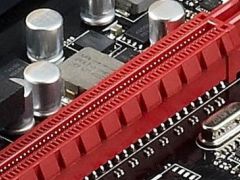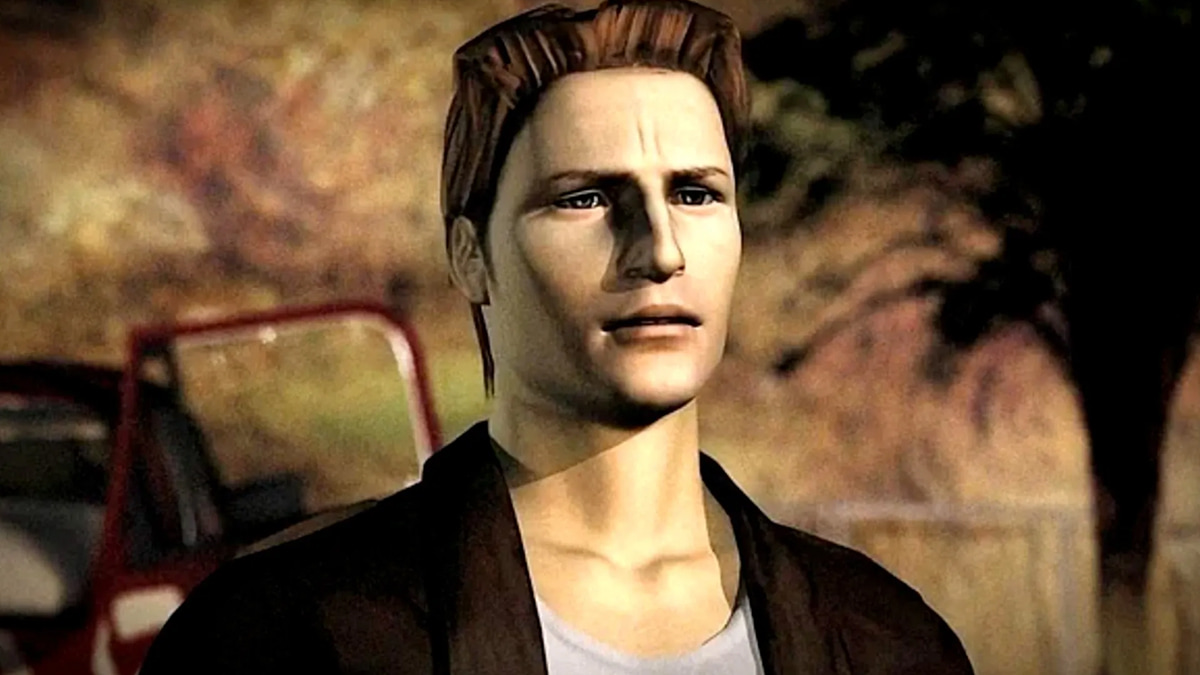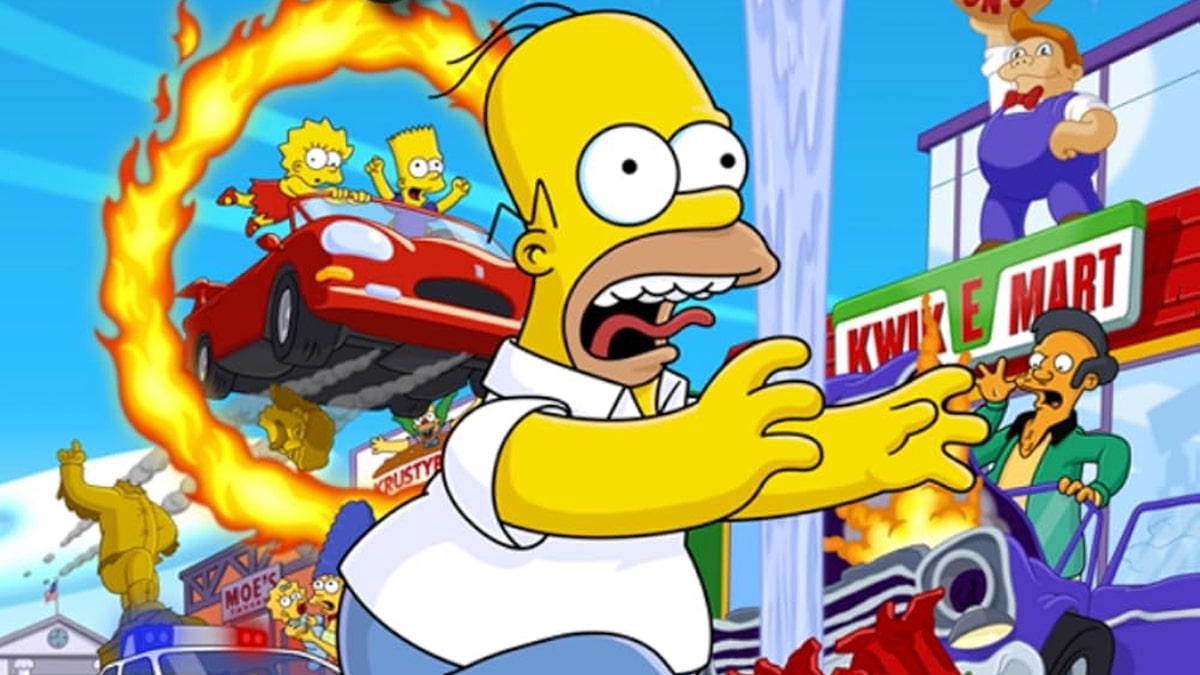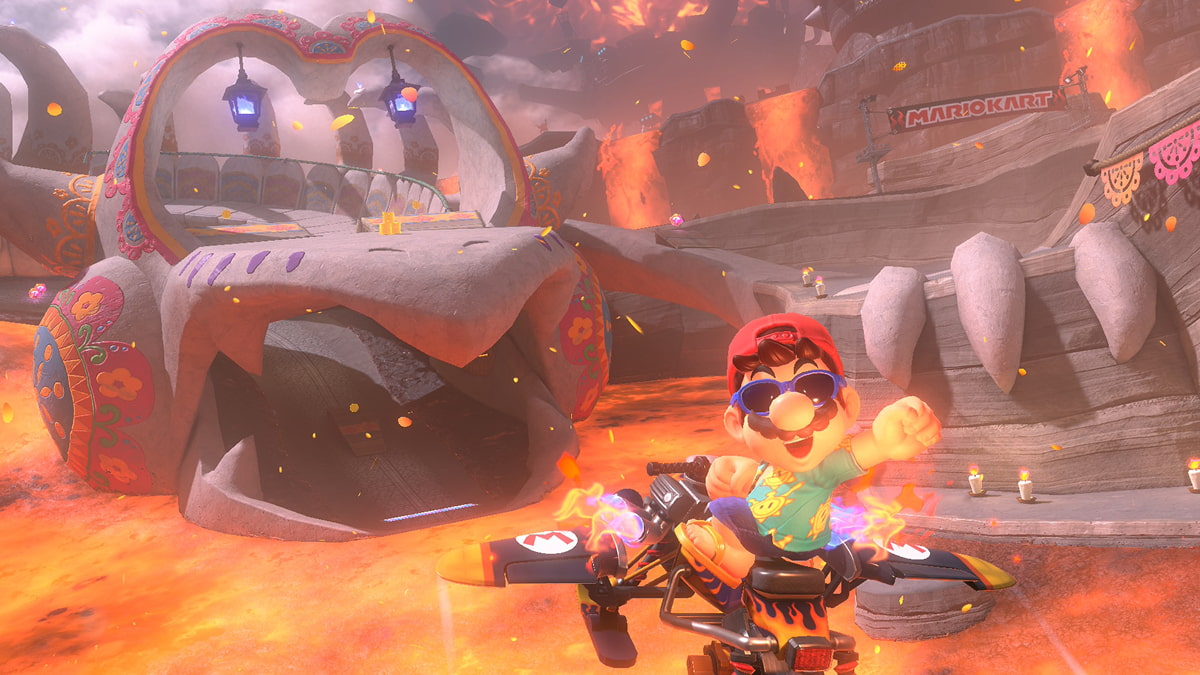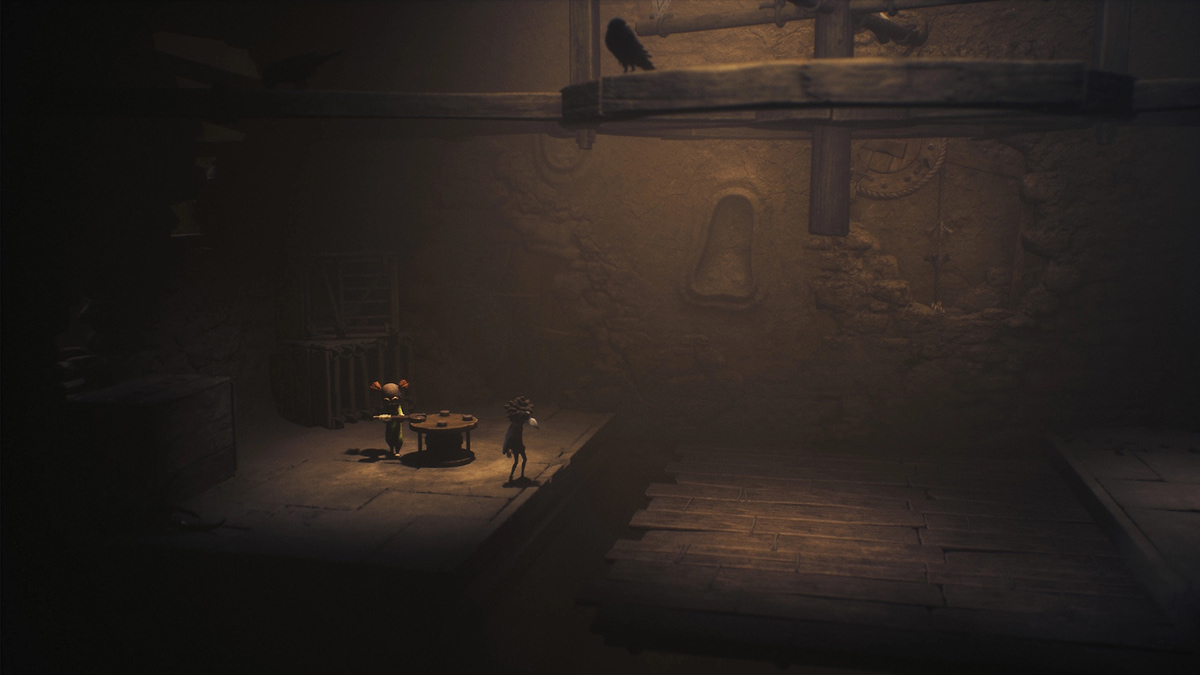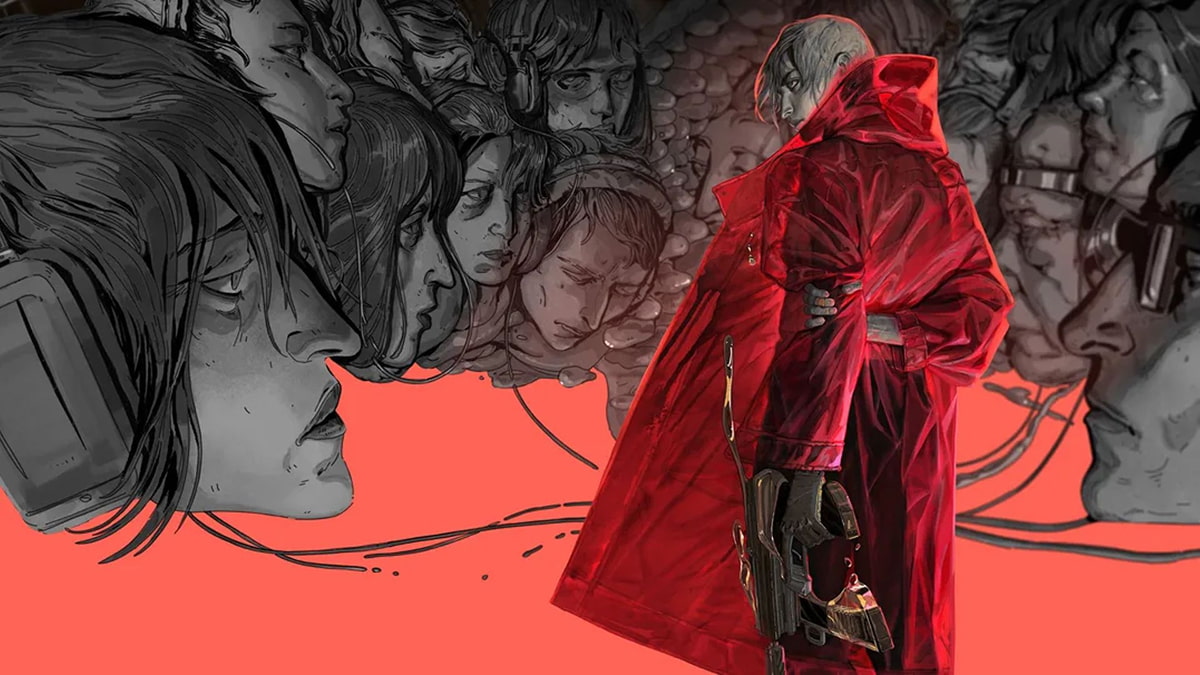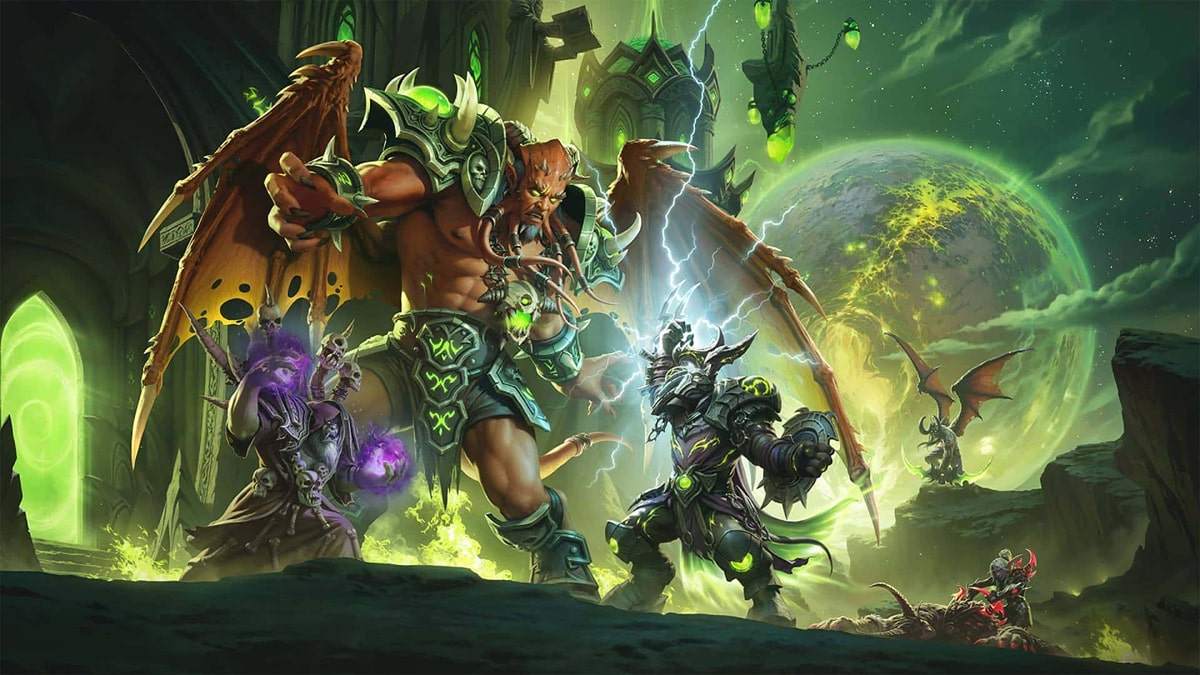You can trust VideoGamer. Our team of gaming experts spend hours testing and reviewing the latest games, to ensure you're reading the most comprehensive guide possible. Rest assured, all imagery and advice is unique and original. Check out how we test and review games here
Long ago, about two years into the last console generation, I decided to abandon PC gaming and get stuck into consoles. It seemed like a great idea at the time. The Xbox 360 was, in essence, a very powerful, low cost gaming PC that had the grunt to run things my desktop would struggle to, without all the fiddling and configuring. It also enjoyed huge support from first and third party studios, and a game library that quickly expanded to rival that of the hardware generation it had replaced.
I didn’t make this decision lightly. I’d already bought a new graphics card to play Oblivion, for my sins, and it was looking like I’d need to replace the rest of the machine to keep up. Dual core processors were becoming standard, and I didn’t have one. One day, I got fed up with the constant cycle of upgrading, and when the price cut came for the Xbox 360 in 2007, not long after Mass Effect had made its debut, I put my money down, and never looked back. Later I would buy a PS3, and then a PS4 – the first console I ever got on launch day. I had become a “console gamer”, fully and wholeheartedly.
Never again would I have to worry about upgrading my graphics card every couple of years, or tweaking the options of a new game to suit my “rig”, or cracking open the case to hoover out the deadly dust that inevitably gathers in a well-worked PC’s innards. A small down-payment on hardware every eight or so years is all it takes to keep up, and everything just works. Why would I ever go back to PC gaming? Life was good.
Back when I left it all behind, the Steam store was still in its infancy, and had yet to become the leviathan it is now. I bowed out just as things were getting really interesting, and as a result, the platform I’m returning to is a completely different beast to the one I abandoned. For the past few years, I’ve been looking on with envy at the advancements being made in digital distribution, the regular sales, the ability to play games with the kind of visual fidelity that just isn’t physically possible on the consoles I had settled down with. The opportunity to engage with upcoming marvels like Star Citizen and Elite: Dangerous wasn’t mine to grasp, and it stung. These are the kinds of games that sparked my love of the medium in the first place, and there I was, watching them make their comeback as a filthy outsider.
In addition, as a hobbyist-turned-professional videographer of games, it seemed increasingly mad to not be on the platform where all the really interesting, cutting-edge stuff was happening. Even in a practical sense, innovations like Nvidia’s Shadowplay (which integrates video-capture into the GPU hardware) have surfaced to make my job a lot easier.
Months of slow realisation condensed into a decision. It was time to clench my arse, empty my wallet, and get with programme.
900p and Other Numbers
Things have changed, both within my own head and in the industry at large. The next-gen consoles don’t feel as exciting as the last-gen ones did in their heyday. It may be down to the fact that, for all the marketing bluster and gigaflops talk, the PS4 and Xbox One are essentially low-mid spec PCs themselves. Low-mid spec PCs, each tied to a single storefront with a very small catalogue. Running everything at 1080p60 was expected to be the default standard for next-gen games, but in practice, many titles struggle to achieve this, and many more don’t bother to try.
Of course, this is a far too numbers-obsessed way of thinking about video games – higher resolutions and framerates, as we all know, don’t make a bad game good (though they certainly make good games better). But it’s impossible to deny that a huge part of the appeal of new hardware is down to those numbers. Eighth-gen games are expected to visually kick the arse of seventh-gen games, and they don’t. The cross-gen games that have come out in the past year have generally looked good enough on the older hardware and a bit better on our Xbones and PS4s (see Watch Dogs as a prime example). It’s not enough of an improvement to urinate three months of council tax on, and I say this as someone who took on extra freelance work to do just that. Buy the PS4 I mean, not have a piss.
That said, things are bound to improve on the performance front, as it’s still early days for the new consoles. Developers tend to get very good at mining every last clock cycle from a fixed platform, and if the history of every console ever is anything to go by, each new wave of games should look and perform better than the last. Hopefully, their prices will start looking more attractive too.
The Price of Freedom
Sixty quid is an unfathomable amount of money to spend on a video game, especially when you have three children and live in Megacity One, but here I am. For the price of three launch games on the PS4 (there were definitely at least three, honest) you could have almost got yourself a Wii U, which was arguably a much better value proposition at the time. Stop laughing at the back.
The argument that consoles have a lower barrier for entry, while being true to an extent, loses its potency when the games you play on them cost twice as much as their PC equivalents. Back when PS3/360 titles were £40 a pop on launch, and pre-owned shelves were stocked to the gills with dirt-cheap games, I never felt that I was paying significantly more than I would have for PC versions. However, right now, even a tatty pre-owned copy of Watch_Dogs will cost you around £30, or a tenner for every month it’s been on general release. That’s how much I paid for the 360 version of Fallout 3, on launch day, after a bit of shopping around. I bought Far Cry 2 and Fable 2 at the same time – I’m clearly an idiot who shouldn’t have money, but idiocy was cheaper in those days.
Like nearly everything else in life, the cost of video games has risen. This is due to a number of economic factors, none of which matter to the consumer more than the question of how much money is leaving their pockets. The PC, however, has stayed rather more wallet-friendly. Its various storefronts – Steam, Origin and GOG chief among the many out there – start off around 30% cheaper than their console equivalents. They also have sales, deals and offers on such a regular basis (hourly in some cases) that even the most budget-conscious gamer can enjoy a great new thing to play once a week and still not have to confine themselves to a diet of raw lentils and their own tears.
Those games won’t just be a selection of curious indies, either. We’re talking everything from AAA right down to your daft 99p nonsense. The PC economy, and its patrons, do not discriminate. Games are games, sometimes they’re really cheap. Sometimes they’re socially conscious too. Want to spend some dosh on games and feel good about yourself? Get onto The Humble Store, pay what you want for a curated bundle, and have half of your money go to a good cause in the process.
Even during those long years where I didn’t bother much with PC gaming, I managed to build up a library of 80+ games on Steam. Eighty instances where the deals were just too good to pass up, and I generally only got wind of them through social media buzz. Had I been actively checking the store on a regular basis, as I do now, that number would be a lot higher.
The trade-off, of course, is that PCs themselves are expensive, and depending on how you go about procuring one, more difficult to get running. The only screwdriver I ever want to mess about with is sold by the BBC’s merchandising dept and makes a stupid noise at a button press.
Roll Your Own
/https://oimg.videogamer.com/images/a75c/portal_2_skyrim.jpg)
PC gaming is about choice. Every facet of it can be tweaked, pinched, modded and moulded to suit your individual needs and wants. You can change how games run based on your preferences, deciding your own balance between image quality and performance. Could you cope with less detailed particle effects in exchange for 60fps? Go for it, there’s a slider for that. Or just chuck £200 at a new GPU, if you’re loaded enough.
Think that Skyrim’s companion NPCs are a bit pish? So did the talented modders who made dozens of new ones, take your pick. It won’t cost you a penny.
Hoping for a next-gen remaster of Mass Effect? Make your own. Whack it up to 1080p, get one of the massive texture mods installed. No need to wait. Play the best looking version available right now. You can even pretend you’re playing it on PS4, because that Dualshock 4 you’ve got? There’s a pretty solid driver available for it that makes it operate exactly like a 360 pad*.
You can do anything you want. It’s that brilliant.
Getting back into PC gaming has rejuvenated my love of the medium to an extent that I never expected. Playing things that I couldn’t before, getting up to speed on what I’ve missed, enjoying the new paradigms that didn’t exist when I voluntarily exited the scene has been wonderful.
But I won’t be getting rid of my consoles. I do perhaps speak from a privileged position, but there is certainly a place for both kinds of platforms in my life. You can’t play Destiny on your PC, after all, no matter how many shader pipelines your GPU has got.
PCs and consoles are part of the same ecosystem. What happens on one, now more than ever, feeds into the other. The rise of the indie game on console, and the consolification of PCs with services like Steam’s “Big Picture” mode, are reflections of this. We live in a time where DayZ, a popular mod for a PC shooter, had a few minutes of stage time during Sony’s Gamescom conference.
Everybody wins. We’re all winning, right now, you and me, regardless of where we’ve chosen to put our money.
Everybody wins.
*Mass Effect PC doesn’t support gamepads without a bit of dicking about. Sorry.
The Elder Scrolls IV: Oblivion – Game of the Year Edition
- Platform(s): PC, PlayStation 3, Xbox 360
- Genre(s): RPG
